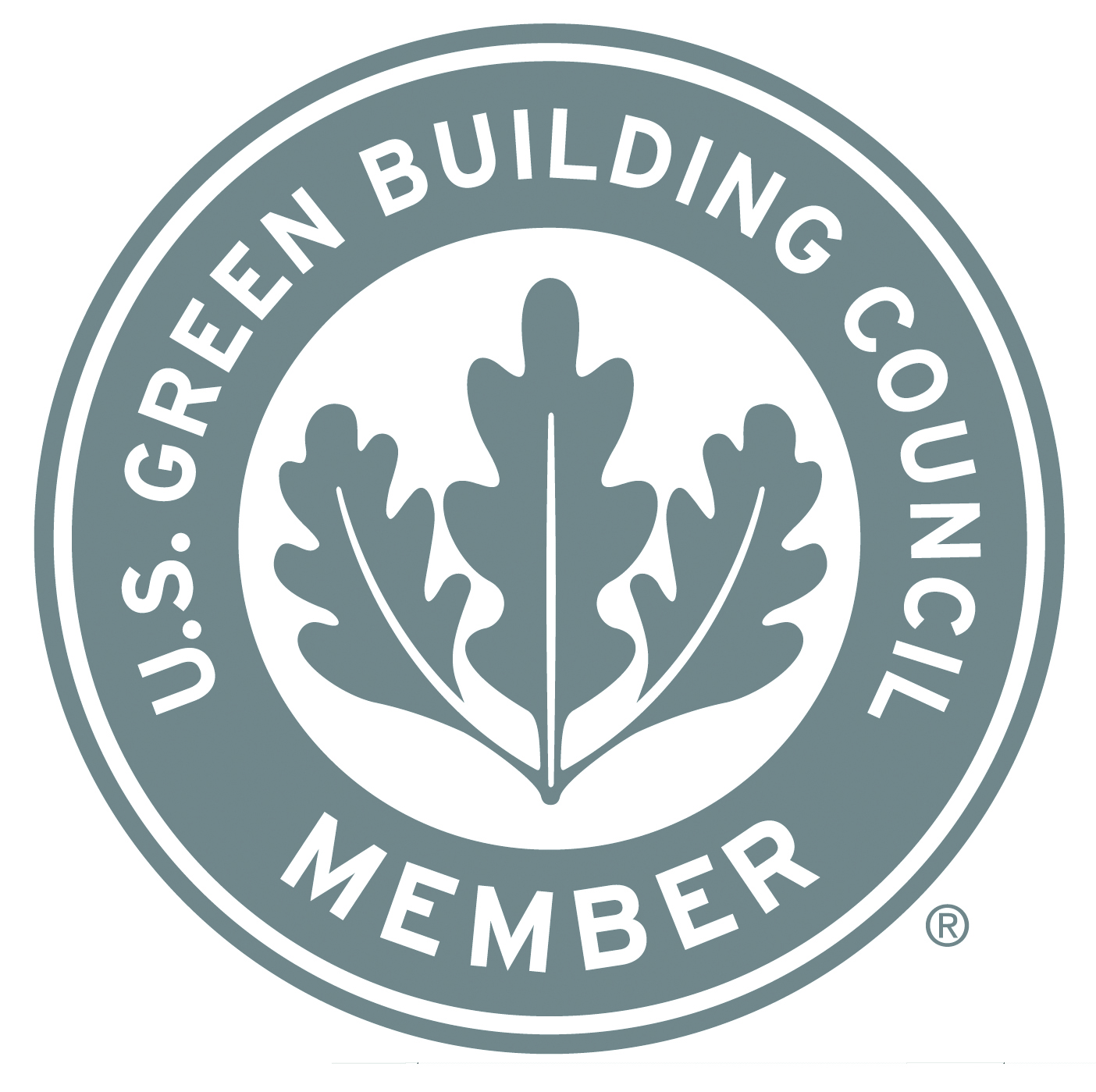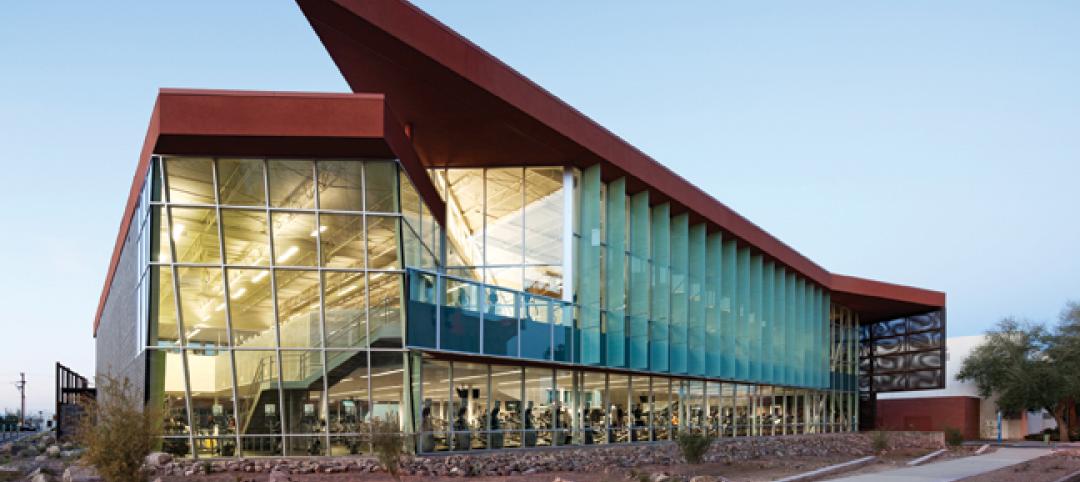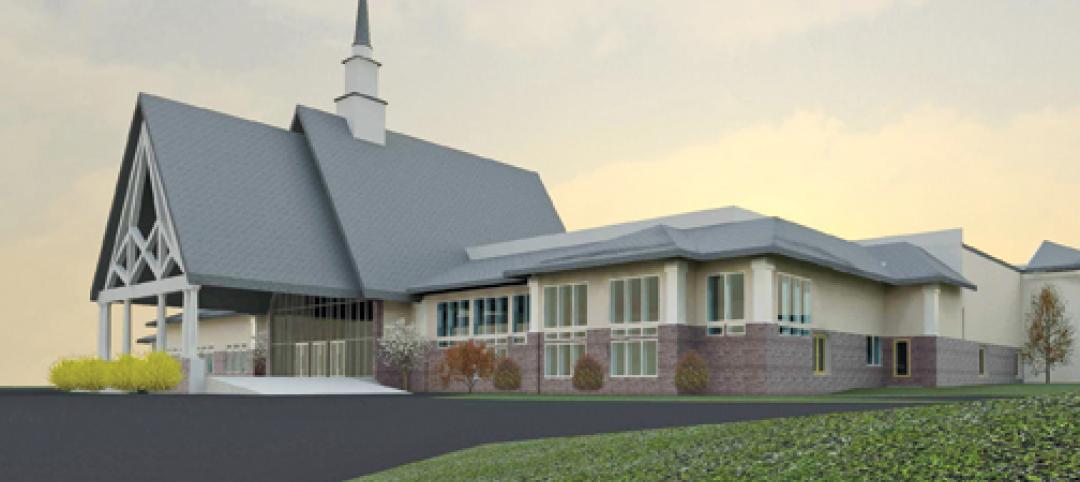The U.S. Green Building Council (USGBC) is pleased to announce New York and San Francisco as the recipients of the World Green Building Council's Government Leadership Awards for Excellence in City Policy for Green Building. Announced today at the United Nations Climate Change Conference in Durban, South Africa, the awards acknowledge international best practice in city-level government policy for green building initiatives and recognize green buildings as an important means to reduce carbon emissions.
Winners were chosen by an expert panel of judges comprised of ICLEI International, UN HABITAT and the WorldGBC.
"Buildings are responsible for approximately one-third of global carbon emissions and 40 percent of global energy usage, so the need for exemplary green building policies in the United States and throughout the world is great," said Rick Fedrizzi, president, CEO and founding chair, USGBC, and chair-elect of the World Green Building Council. "New York and San Francisco are strong models for green building policy. The United States continues to be at the forefront of the green building movement thanks in part to these shining examples of leadership."
San Francisco was honored with the Best Green Building Policy award for the San Francisco Green Building Ordinance, which requires all new commercial, residential and municipal construction to be built to the LEED green building program, and existing buildings to publicly disclose energy labels, undergo periodic energy audits and mandatory water efficiency retrofits at the time of sale. The impacts of building labeling and auditing alone are expected to reduce carbon dioxide emissions by 105,000 tons and have a 10-year net present value of approximately $1 billion. The city has also created financing options to assist the private sector in meeting its efficiency targets.
"San Francisco's innovative and comprehensive green building policies are lasting investments in the environmental and economic future of our great city," said Mayor Ed Lee. "The Green Building Ordinance employs San Francisco's design talent, as well as technological and business innovations, to ensure that we meet the market demands of the 21st century, protect the environment, and support the health and well being of our residents. Thank you to the many City staff, particularly at the Department of Building Inspection, Department of the Environment and the SF Public Utilities Commission, for their commitment to a sustainable city. I also wish to extend my appreciation to the local building industry professionals who design, construct and manage the green buildings for which we are receiving this award."
New York City received the Industry Transformation award for its Greener, Greater Buildings Plan, a component of the broader PLANYC policy that requires large commercial buildings to publicly display annual energy and water benchmarks and undergo cost-effective lighting and efficiency upgrades. The plan is expected to reduce the city's carbon dioxide emissions by 5.3 percent below 2009 levels, reduce citywide energy costs by $700 million annually by 2030 and create roughly 17,800 construction-related jobs over 10 years.
"We are honored to receive the Industry Transformation Award and also recognize the numerous private-public partnerships that made the plan's passage possible," said David Bragdon, director, New York City Mayor's Office of Long-Term Planning and Sustainability. "The Greener, Greater Buildings Plan will transform the industry because it is the first policy of its kind to aggressively target energy efficiency in large, existing buildings. We hope that this plan can be a model for other cities to follow because of the substantial environmental, economical, and social impacts that are possible on a large scale."
Other award recipients include Mexico City, Mexico; Birmingham, UK; Singapore; and Tokyo, Japan.
"Buildings represent unparalleled potential to reduce greenhouse gas emissions, and cities play a critical role in seizing this opportunity," said Jane Henley, CEO of the WorldGBC. "The Government Leadership Award entries demonstrate that all around the globe cities are implementing policies that are meeting immediate budget priorities while still addressing longer term emissions reduction goals. These cities are focusing on energy efficiency in the built environment to deliver a range of benefits, including operational savings, energy security, health and well-being to building occupants, and provide a much needed boost to the economy. We are pleased to recognize a select few for their drive and innovation." BD+C
Related Stories
| Nov 9, 2010
Designing a library? Don’t focus on books
How do you design a library when print books are no longer its core business? Turn them into massive study halls. That’s what designers did at the University of Amsterdam, where they transformed the existing 27,000-sf library into a study center—without any visible books. About 2,000 students visit the facility daily and encounter workspaces instead of stacks.
| Nov 9, 2010
Turner Construction report: Green buildings still on the agenda
Green buildings continue to be on the agenda for real estate owners, developers, and corporate owner-occupants, according to the Turner 2010 Green Building Market Barometer. Key findings: Almost 90% of respondents said it was extremely or very likely they would incorporate energy-efficiency improvements in their new construction or renovation project, and 60% expected to incorporate improvements to water efficiency, indoor environmental quality, and green materials.
| Nov 5, 2010
New Millennium’s Gary Heasley on BIM, LEED, and the nonresidential market
Gary Heasley, president of New Millennium Building Systems, Fort Wayne, Ind., and EVP of its parent company, Steel Dynamics, Inc., tells BD+C’s Robert Cassidy about the Steel Joist Manufacturer’s westward expansion, its push to create BIM tools for its products, LEED, and the outlook for the nonresidential construction market.
| Nov 3, 2010
First of three green labs opens at Iowa State University
Designed by ZGF Architects, in association with OPN Architects, the Biorenewable Research Laboratory on the Ames campus of Iowa State University is the first of three projects completed as part of the school’s Biorenewables Complex. The 71,800-sf LEED Gold project is one of three wings that will make up the 210,000-sf complex.
| Nov 3, 2010
Park’s green education center a lesson in sustainability
The new Cantigny Outdoor Education Center, located within the 500-acre Cantigny Park in Wheaton, Ill., earned LEED Silver. Designed by DLA Architects, the 3,100-sf multipurpose center will serve patrons of the park’s golf courses, museums, and display garden, one of the largest such gardens in the Midwest.
| Nov 3, 2010
Public works complex gets eco-friendly addition
The renovation and expansion of the public works operations facility in Wilmette, Ill., including a 5,000-sf addition that houses administrative and engineering offices, locker rooms, and a lunch room/meeting room, is seeking LEED Gold certification.
| Nov 3, 2010
Sailing center sets course for energy efficiency, sustainability
The Milwaukee (Wis.) Community Sailing Center’s new facility on Lake Michigan counts a geothermal heating and cooling system among its sustainable features. The facility was designed for the nonprofit instructional sailing organization with energy efficiency and low operating costs in mind.
| Nov 3, 2010
Seattle University’s expanded library trying for LEED Gold
Pfeiffer Partners Architects, in collaboration with Mithun Architects, programmed, planned, and designed the $55 million renovation and expansion of Lemieux Library and McGoldrick Learning Commons at Seattle University. The LEED-Gold-designed facility’s green features include daylighting, sustainable and recycled materials, and a rain garden.
| Nov 3, 2010
Recreation center targets student health, earns LEED Platinum
Not only is the student recreation center at the University of Arizona, Tucson, the hub of student life but its new 54,000-sf addition is also super-green, having recently attained LEED Platinum certification.
| Nov 3, 2010
New church in Connecticut will serve a growing congregation
Tocci Building Companies will start digging next June for the Black Rock Congregational Church in Fairfield, Conn. Designed by Wiles Architects, the 103,000-sf multiuse facility will feature a 900-person worship center with tiered stadium seating, a children’s worship center, a chapel, an auditorium, a gymnasium, educational space, administrative offices, commercial kitchen, and a welcome center with library and lounge.
















